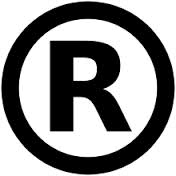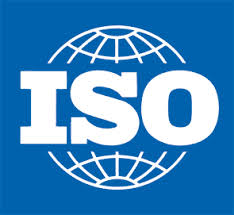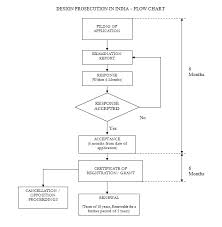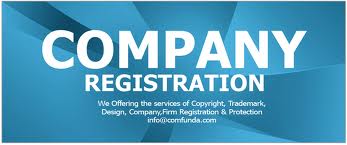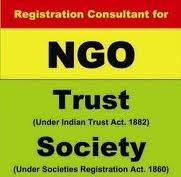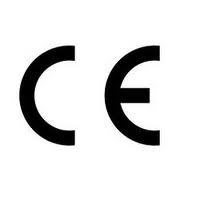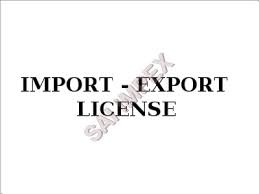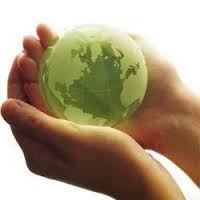Copy Right
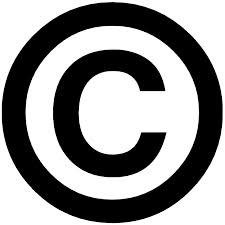
Copy Right
What is a Copyright?
Copyright is concerned with original literary, musical or artistic works. These include computer software; any drawing, map, chart or plan; photographs and films; architectural works; sculptures; sound recordings; TV and radio broadcasts etc...
A trademark can be any word (PEPSI), name (TATA), symbol or device (Microsoft), slogan (Yeh Pyas Hai Badi & Thanda Matlab Coca Cola), package design (Coca-Cola bottle) or combination of these that serves to identify and distinguishes a specific product from others in the market place or in trade. Even a sound (Britania chimes) color combination, smell or hologram can be a trademark under some circumstances. The term trademark is often used interchangeably to identify a trademark or service mark.
Related Rights to copyright:
Copyright is about the right to copy. Copyright is a legal term describing rights given to creators for their original literary and artistic works which allow them to control their subsequent use. It is important to recognize that copyright is not a monopoly. Two people could completely independently create identical items. Provided there is no copying, there is no infringement and both can hold copyright in their respective works.
How do I obtain copyright-protection? The creators of such works automatically acquire rights, which mean that they can control their further use. The only absolute requirement is that the work is original, i.e. not copied from somewhere else and has required original intellectual effort by the author. Ownership normally rests with the creator but there can be situations e.g. employment contracts etc. which affect this. In general, copyright protection lasts until 70 years after the death of the owner.
A field of rights related to copyright has rapidly developed over the last 50 years. These related rights grew up around copyrighted works. They provide similar protection, although often more limited and of shorter duration. They cover a range of rights, which have been derived from copyright principles and are granted to e.g. performing artists, producers of sound recordings, broadcasting organizations in their radio and television programs, and creators/owners of databases.
How to obtain copyright?
Basically the act of creating a work also creates the copyright, which then subsists in the physical expression of the work. There is no formal registration process required in order to obtain protection. However, some national laws allow for registration of works and in certain countries registration can serve as prima facie evidence in court in case of infringement. You should therefore check with the competent office in your country.
How Saiipconsult helps you for your Copyrights Registration in India and worldwide?
Copyrights applications
Copyrights assignment, licensing and transfer
Copyrights Infringement and validity advice.
Copyrights Specific agreements.
Copyrights Litigation: opposition, rectification, appeals, and civil suits for infringement.
Copyrights Anti-piracy measures.
Send Enquiry
